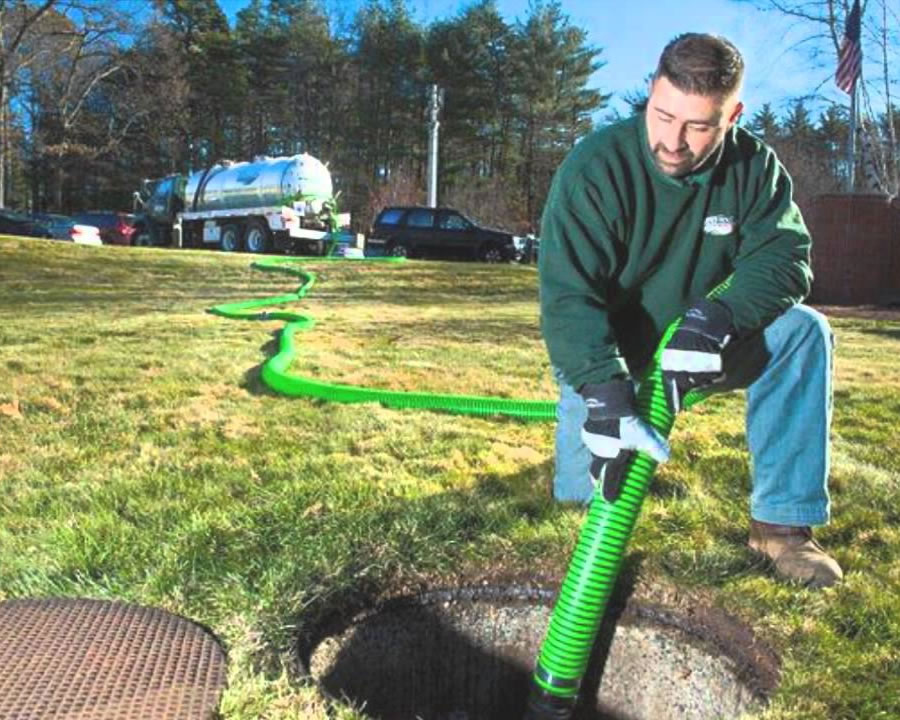
If you're a new septic homeowner that’s lost on how to care for your septic system, we’re here to help. Read through this article for valuable tips to keep your septic system in top shape.
Regular septic tank pumping is crucial for maintaining a healthy system. Over time, solid waste accumulates in the tank, leading to sludge buildup that can clog pipes and cause backups. It's generally recommended to pump your septic tank every three to five years, depending on the size of your household and water usage. Hiring a trusted septic company for pumping ensures that the task is done efficiently and thoroughly.
Regular inspections of your septic system can help detect any potential problems early on. Look for signs of leaks, excessive water around the drain field, or foul odors in your yard. These could indicate a problem with your septic tank that requires immediate attention. Additionally, keep an eye out for slow drains or gurgling noises, as they may be indicative of a blockage in the pipes.
Conserving water is not only beneficial for the environment but also for your septic system. Excessive water usage can overload the tank and disrupt the natural decomposition process. Spread out laundry loads over the week, fix leaky faucets promptly, and install low-flow fixtures to minimize water consumption. By reducing water usage, you'll help your septic system work more efficiently and extend its lifespan.
Septic tanks are designed to handle specific waste materials, and flushing non-biodegradable items or harmful chemicals can wreak havoc on your system. Avoid disposing of items such as feminine hygiene products, baby wipes, diapers, grease, oil, or household chemicals down the drain. These can clog pipes, disrupt the bacterial balance in the tank, and lead to costly repairs. Educate your family about what can and cannot be flushed and provide clearly labeled trash bins for proper waste disposal.
The drain field is a critical component of your septic system that helps filter and distribute treated wastewater into the soil. It's vital to take measures to protect the drain field to prevent damage. Avoid parking heavy vehicles or placing structures on top of the drain field, as this can compact the soil and inhibit proper wastewater absorption.
When it comes to septic tank repair or septic tank installation, it's best to leave the job to professionals. Attempting DIY repairs without the necessary expertise can lead to more significant issues and expensive repairs down the line. Rooter Septic Services professionals have the knowledge, experience, and equipment to handle repairs, replacements, or new installations effectively and safely.
Maintain a record of all septic system maintenance, inspections, repairs, and pumping schedules. These records will provide valuable information for future reference and help your septic company understand your system's history. In case you decide to sell your home, having a well-documented septic system can also be beneficial during the property transfer process.
By following these septic tank tips, you can ensure the longevity and optimal performance of your system. Routine inspections for septic tank repair, water conservation, and responsible waste disposal practices are key to maintaining a healthy and trouble-free septic system. When a septic tank installation is needed, you can rely on professionals from Rooter Septic Services. We look forward to hearing from you.